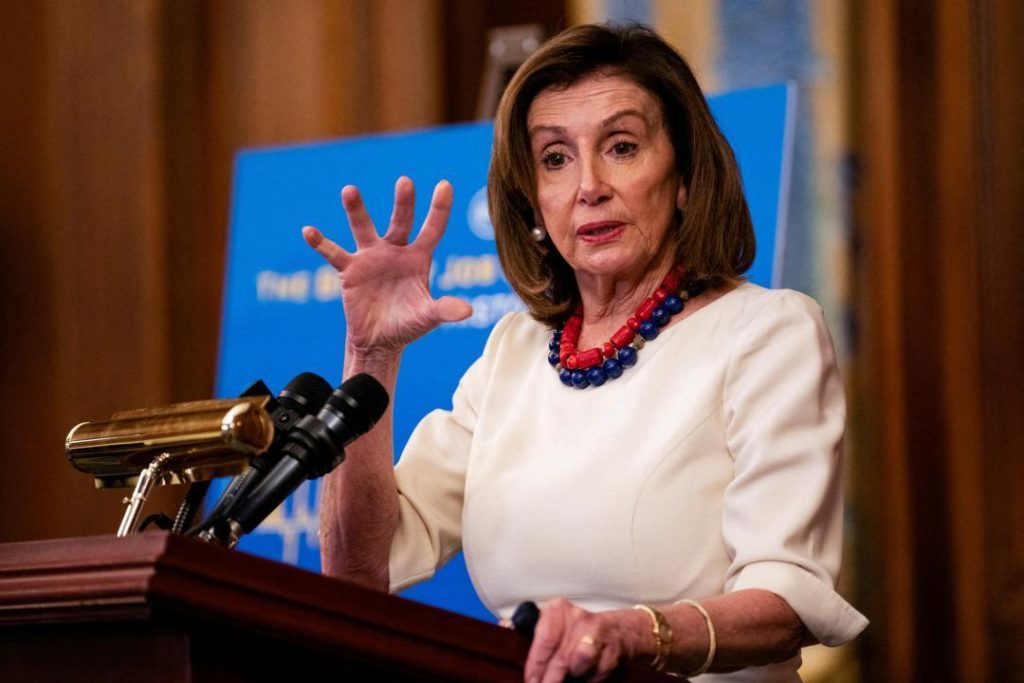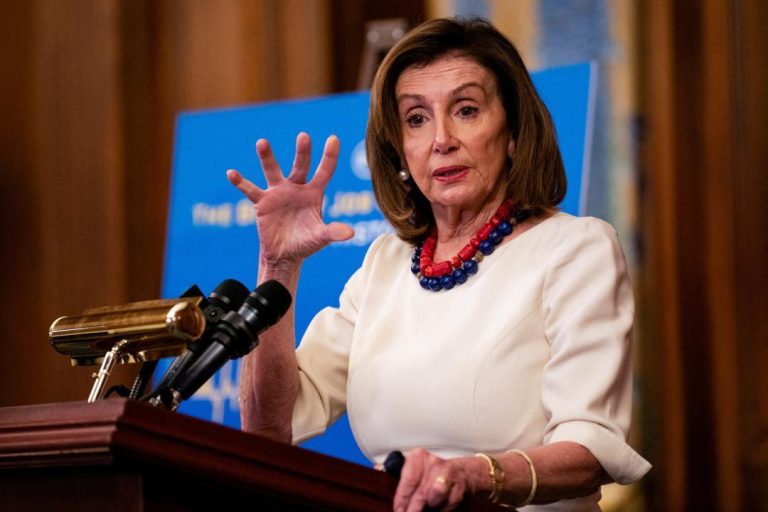
What is PELOSI Act & why is it named after former US Speaker Nancy Pelosi?
In the United States, the relationship between politics and finance is a longstanding one. Politicians have often been accused of using their positions of power to enrich themselves, and the recent trend of lawmakers trading stocks has only added fuel to the fire. To address this issue, US Senator Josh Hawley has reintroduced the Preventing Elected Leaders from Owning Securities and Investments (PELOSI) Act, which aims to prohibit lawmakers and their spouses from holding or dealing in stocks while holding office.
But why is the act named after former US Speaker Nancy Pelosi? What is the significance of the PELOSI Act, and what does it hope to achieve? In this blog post, we’ll delve into the details of the act, its history, and its implications for American politics.
What does the PELOSI Act propose?
The PELOSI Act, reintroduced in 2022, proposes a simple yet effective solution to the problem of lawmakers profiting from their positions. According to the bill, lawmakers and their spouses would be prohibited from buying, selling, or holding individual stocks, bonds, and other securities while holding office. This means that they would not be able to benefit from price movements or insider information, which can create conflicts of interest.
However, the act does provide some exceptions. Lawmakers would be allowed to invest in mutual funds (MFs), exchange-traded funds (ETFs), and Treasury bonds. These investments are less likely to create conflicts of interest, as they are diversified and less susceptible to manipulation.
Why is the PELOSI Act named after Nancy Pelosi?
The PELOSI Act is named after former US Speaker Nancy Pelosi, who enjoyed significant stock market gains during her term as Speaker of the House from 2007 to 2011 and again from 2019 to 2023. Pelosi’s husband, Paul Pelosi, is a wealthy investor who has made millions from his investments in stocks and real estate. During her time as Speaker, Pelosi’s net worth increased by millions, sparking criticism and concerns about potential conflicts of interest.
The PELOSI Act is a response to these concerns, aiming to prevent lawmakers from using their positions to enrich themselves. By prohibiting lawmakers from holding individual stocks, the act seeks to level the playing field and promote transparency in government.
What is the significance of the PELOSI Act?
The PELOSI Act has significant implications for American politics and governance. By prohibiting lawmakers from holding individual stocks, the act aims to:
- Reduce conflicts of interest: Lawmakers will no longer be able to use their positions to benefit from stock market fluctuations or insider information, reducing the potential for conflicts of interest.
- Promote transparency: The act will require lawmakers to disclose their investments in MFs, ETFs, and Treasury bonds, increasing transparency and accountability.
- Increase public trust: By taking away the potential for lawmakers to profit from their positions, the act aims to increase public trust in government and reduce the perception of corruption.
What does the future hold for the PELOSI Act?
The PELOSI Act has a long way to go before it becomes law. The bill must pass through both the House of Representatives and the Senate, and then be signed by the President. However, with growing concerns about corruption and conflicts of interest in government, the act has gained significant attention and support.
Conclusion
The PELOSI Act is a crucial step towards promoting transparency and accountability in American politics. By prohibiting lawmakers from holding individual stocks, the act aims to reduce conflicts of interest and increase public trust. As the bill moves forward, it will be crucial to monitor its progress and ensure that it remains a priority for lawmakers and the American public.






